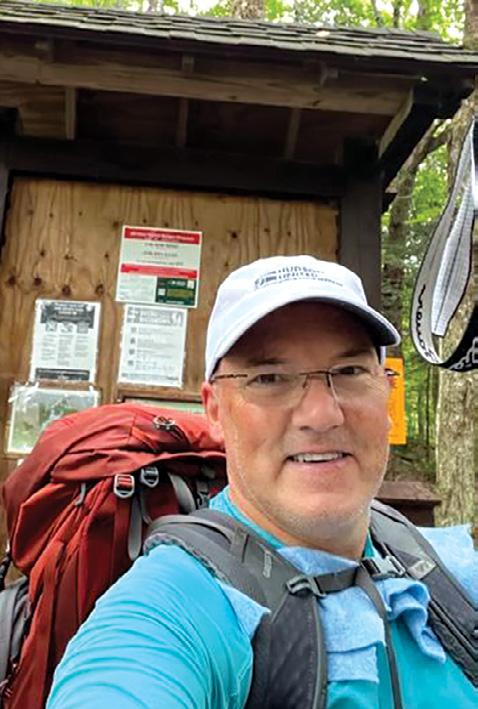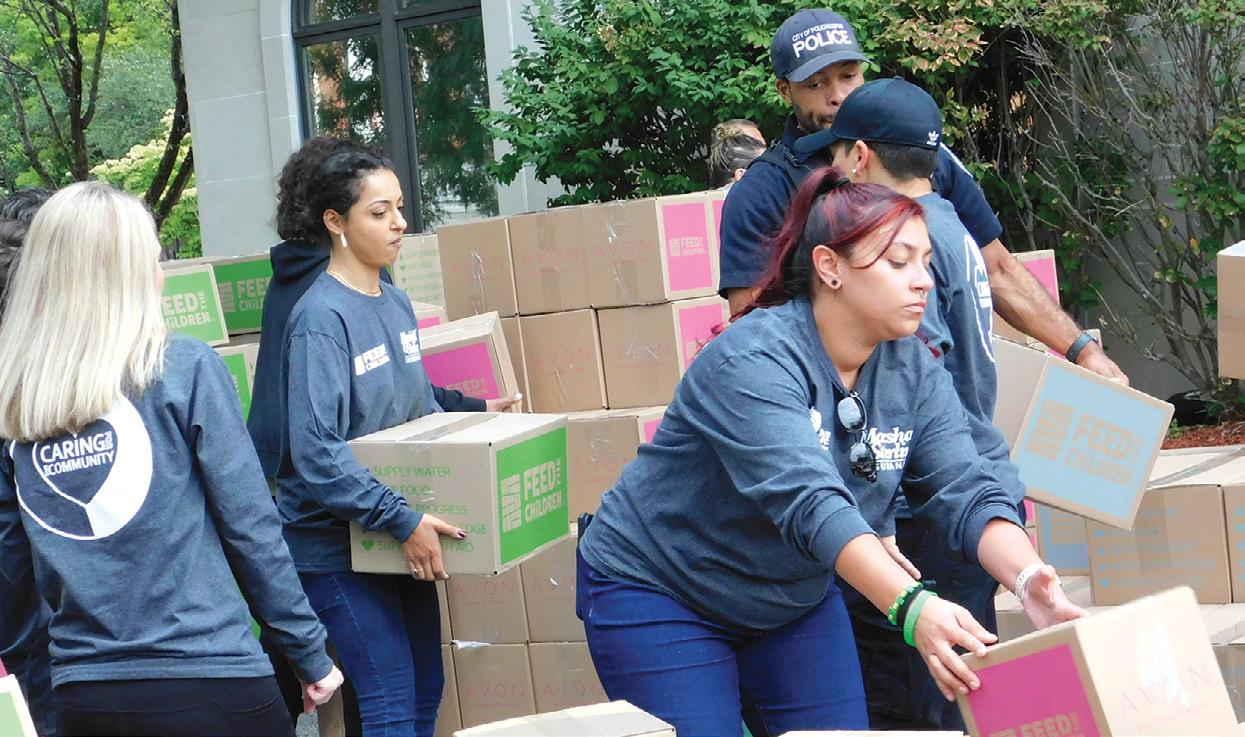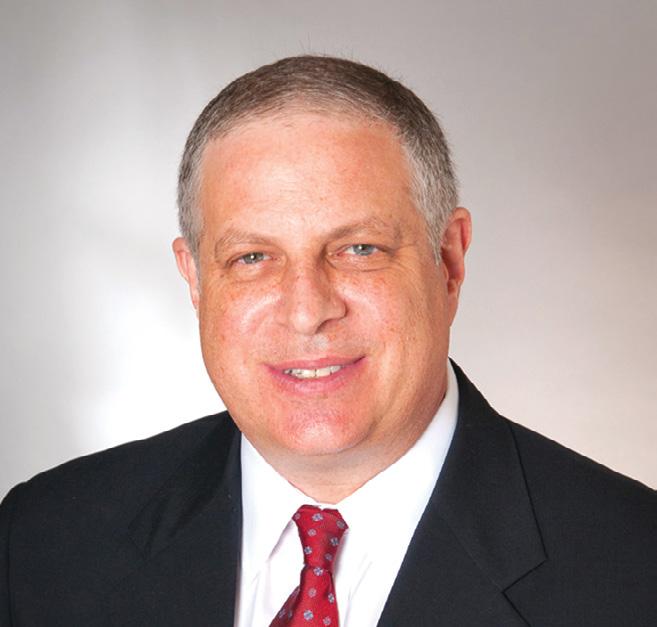
3 minute read
Taking a Hike for Healthier Kids
Kudos to our amazing Yorktown/Briarcliff office branch manager Donald Dwyer who recently completed a 56-mile hike backpacking on the Cranberry Lake 50 trail in the Adirondacks to raise funds for the Howard Hanna Children’s Free Care Fund!
The Howard Hanna Children’s Free Care Fund supports local children’s hospitals and regional pediatric free care programs, helping families to provide their children with necessary and life-saving medical care, treatments, and services.
From helping families afford life-saving treatments for their children, supporting education for children with special needs, or assisting with expenses associated with end-of-life care not covered by insurance, Howard Hanna agents and employees have supported this mission by volunteering their time and resources. Each year, Howard Hanna raises more than $1 million for the Free Care Fund.
Getting Food, Supplies to Families in Need
Food insecurity - not knowing if there’s enough safe and nutritious food in the house to feed the whole family - affects far too many households, with many receiving no formal assistance.
Thanks to the team at Marshall and Sterling’s Poughkeepsie office, that uncertainty will be eased for hundreds of local families. The office partnered with Feed the Children to gather more than 20,000 pounds of nonperishable food and personal hygiene supplies, which volunteers then distributed to 400 households.

In November of 2007, a claimant suffered an injury to his right leg. After a long healing period, a workers’ compensation law judge determined that the claimant was permanently partially disabled, and classified him with a 51 percent loss of wage-earning capacity.
Prior to reforms enacted in March 2007, the claimant would have been entitled to benefits for life. The 2007 reforms, however, had put in place durational caps for partially disabled claimants. Under the new law, the claimant was entitled to a maximum of 350 weeks of PPD (permanent partial disability) benefits.
In March 2018, the claimant passed away due to causes unrelated to his prior injury, 311 weeks after his date of classification. His minor child asked the Workers’ Compensation Board to award him the remaining 39 weeks of his father’s award. The Board said no, explaining that the type of award their father had received was a non-scheduled permanent partial disability award under section 15-3 w. Unlike awards made under sections 15-3 a–u, non-schedulable awards are for compensation due during the continuance of disability.

In this case, death clearly ended disability and hence ended the entitlement to benefits.
The claimant’s child appealed, and the Appellate Division’s Third Department reversed the Board, and awarded benefits for the remaining 39 weeks. Although the decision went against decades of prior practice, the court reasoned that it was important to eliminate a disparity in the way that permanent partial disability awards were treated when claimants die of causes not related to their work-related injury.
The workers’ compensation law, in sections 15-3 a-u, provides for an award of a fixed number of weeks for loss of certain body parts. For example, loss of an arm is worth 312 weeks of compensation. The schedule award in cases of partial loss of use of an arm is reduced based upon the percentage of impairment according to medical guidelines. With schedulable awards, should a claimant die of unrelated causes, benefits continue to dependents. The court reasoned that the now capped non-schedulable permanent partial disability awards were analogous to schedule awards, and ascribed to the legislature the intent to create equity between the classes of partially disabled employees.
This past October, the Court of Appeals, the highest court in New York, reversed the Third Department, holding that claimant’s child was not entitled to benefits. The Court of Appeals determined that the two types of permanent partial disability were meant to serve different needs, and that the Third Department misread the intent of the legislature. Non-scheduled permanent partial awards are meant to compensate for loss of wage-earning capacity, and both the statute and a long history of court decisions contemplate the possibility that wage-earning capacity can change over the course of a permanent partial disability. The Court contrasted this circumstance to a scheduled award, which is fixed at the time it is awarded. Thus the Court found no basis for upsetting longstanding practice, in spite of the 2007 reforms.
So the dependents of an injured claimant can receive benefits for a permanent partial disability award after the worker dies from a cause unrelated to the accident that caused the claim, but only if it was a scheduled award under sections 15-3 a–u. For non-schedule benefits awarded under section 15-3 w, benefits cease if there is an unrelated death.
Michael
John
Keith
Timothy Cerone
Zachary Gaydos
Mark Gaydos
John Prazmark
James McGrath Matthew Schmidt
Owen McGuire
Richard Schroder










